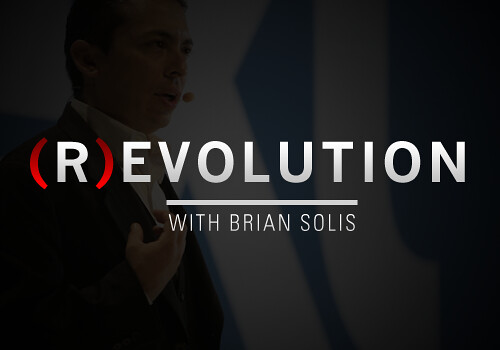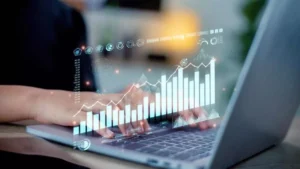

In a landmark discussion where traditional media meets social media, we find ourselves realizing just how much we have yet to learn and also define. This is indeed our time to influence how new media evolves and also how it affects who we are and how we communicate with one another.
The final installment in this series with Kate Couric, anchor and managing editor of the CBS EVENING NEWS WITH KATIE COURIC, takes us away from the discussion of social media’s impact on news and journalism and turns the focus to directly on you and me. Everything we do and say online defines our digital persona, which also casts shadows in the real world.
Here, two people simply discuss what they observe as human beings. From privacy to cyber-bullying to shaping online impressions, Katie and I bring to light the issues and opportunities facing parents, educators, children, peers, and who we are professionally.
As George Bernard Shaw once said, “Life isn’t about finding yourself, it’s about creating yourself.”
The Katie Couric Series
Part 1: Social Media and Real-Time Journalism
Part 2: Fact-First-Journalism and Digital Identity
Welcome to the (R)evolution, a new series that connects you to the people, trends, and ideas defining the future of business, marketing, and media.
Credits:
Andrew Landini, Producer, Director, Lead Cameraman
Adam Eckenfelder, Audio Tech/Re-Recording Mixing
Jason Fairbrother, Cameraman
Special thanks to Erica Anderson (@ericaamerica) who helped bring us all together
Location:
CBS Evening News Studios, New York
Past Episodes:
Episode 1: Empowered with Josh Bernoff
Episode 2: Silicon Valley vs. The World with Sarah Lacy
Episode 3: Rick Bakas on Social Media, Wine and Community
Episode 4: Charlene Li on Open Leadership
Episode 5: Michael Fertik on Privacy and Social Networks
Episode 6: Philip Kaplan on Social Commerce and Influence
Episode 7: Scott Monty Steers Ford to Social Relevance
Episode 8: Frank Eliason on the Social Business and Customer Service
Episode 9: Mark Burnett on Storytelling
Episode 10: CBSNews.com Editor-in-Chief Dan Farber on the Future of News
___
Connect with Brian Solis on Twitter, LinkedIn, Tumblr, Facebook





good title ,nice
what it mean, information i understand plz, elaborate more about.
Pooja
Well said Erik. Thank you for sharing your thoughts…and also for the very kind words!
Good conversation. More food for thought: Will people continue sitting back being told the story, like in traditional broadcast or rather engage as the story and information unfolds? The distribution of information in the future may not need an anchor at all. For example, I need the weather forecast and information, I go to the government web site full posting warnings for my area. Why wait on the media company to give me the NOAA information? This is the opportunity I see, where people prefer to insert views and change the story in real time. One behavior is active and one is passive. How will the information be preferred in the future? As a former broadcaster, I’m watching closely.
I think it’s a catch 22 for most people to be in. When using social media for personal communication and sharing between friends and family, the privacy issue seems to be more relevant. When using it for business however, a certain amount of information needs to be put out there in order to earn trust from other Internet users. Without trust, it would be hard to make an online sale or get people to read and believe what you have to say. Now that does not mean giving up your street name and number, but I think businesses that are transparent earn that trust a lot easier than those who wish to stay hidden behind the social media privacy wall.
That was a wonderful interview! Thank you 🙂